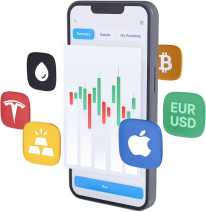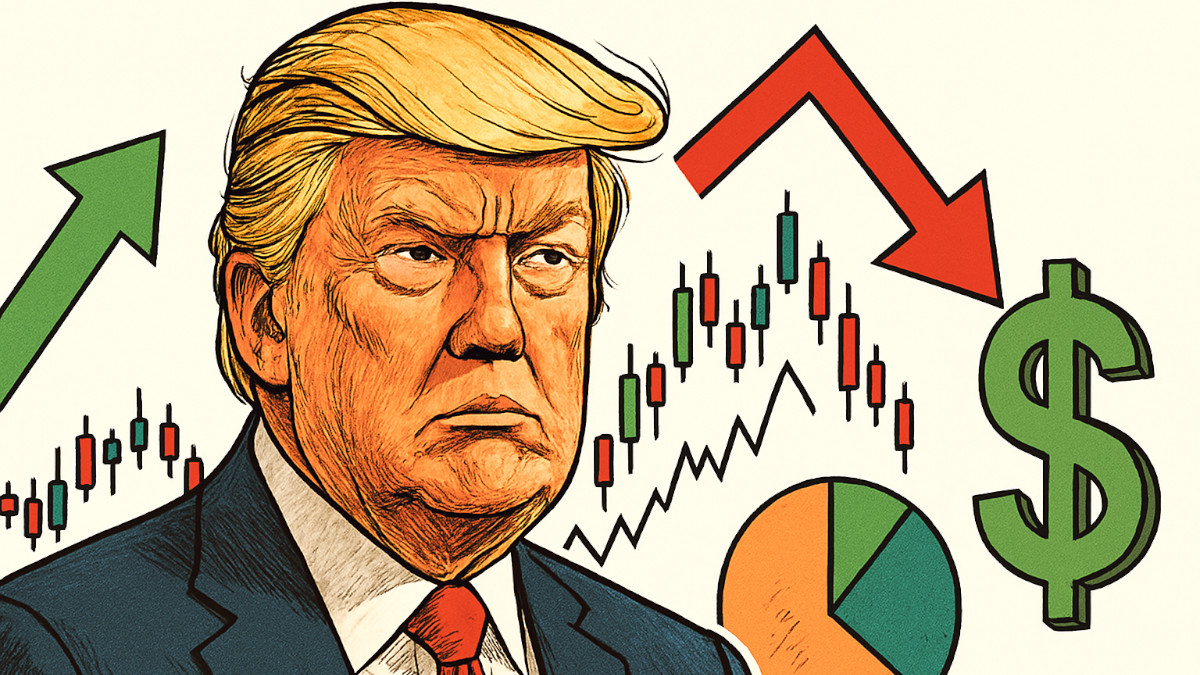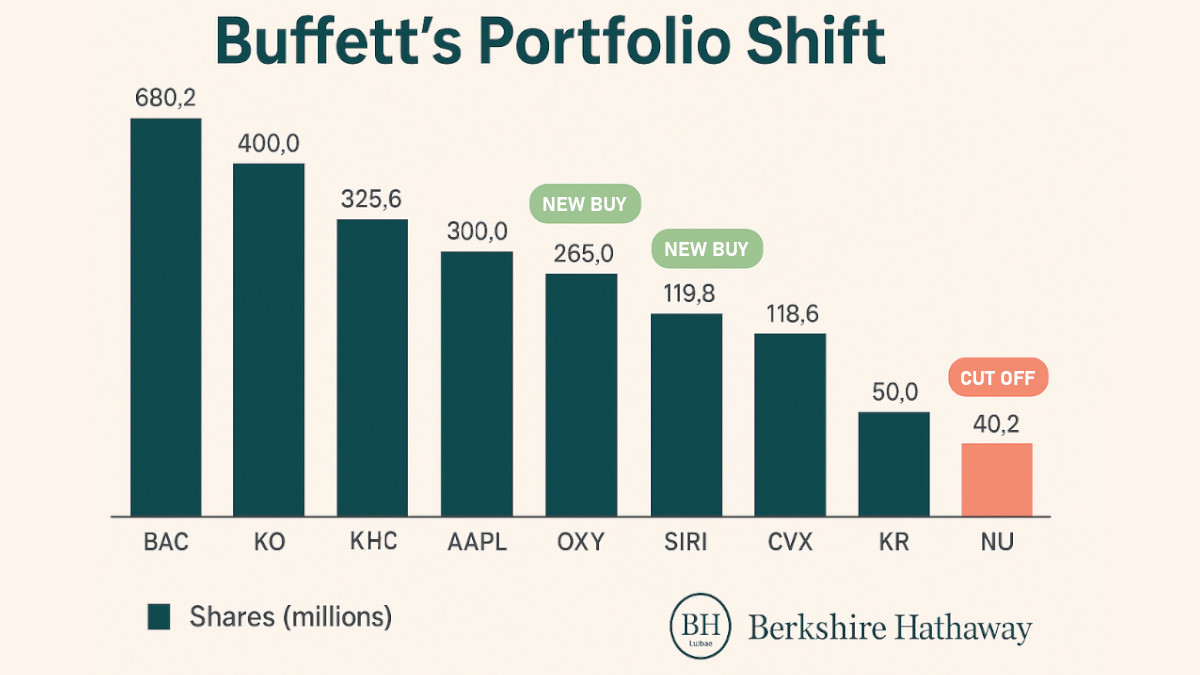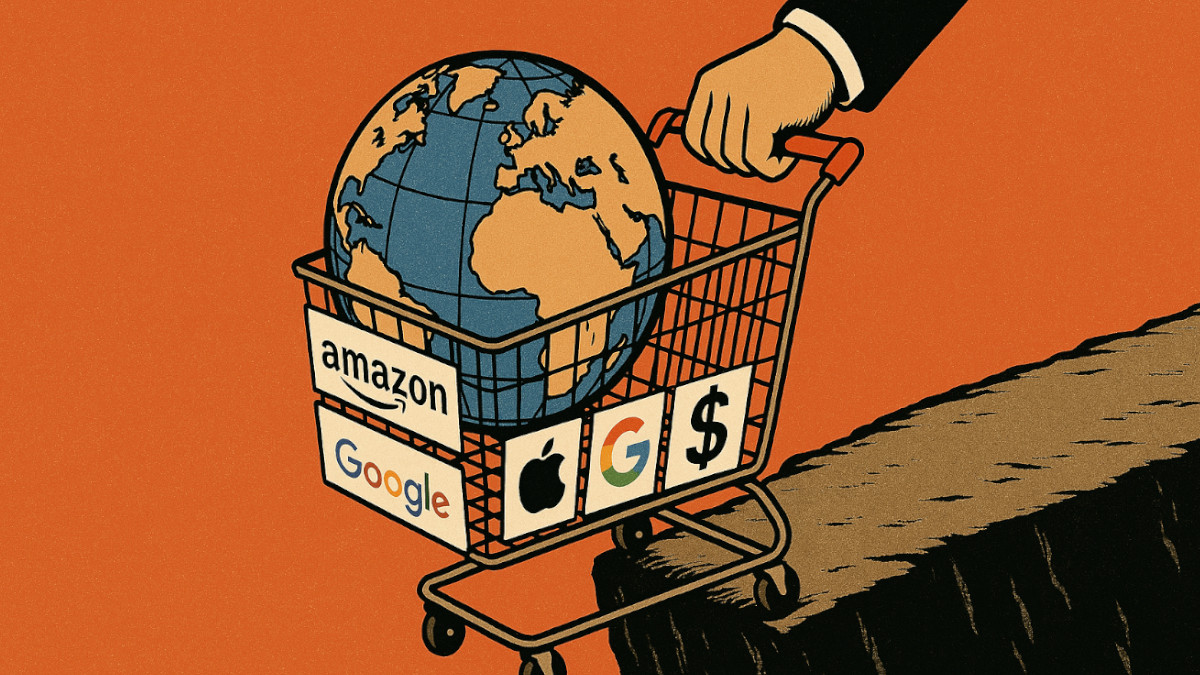Is the Tech Rally Over? Here's What You Need to Know
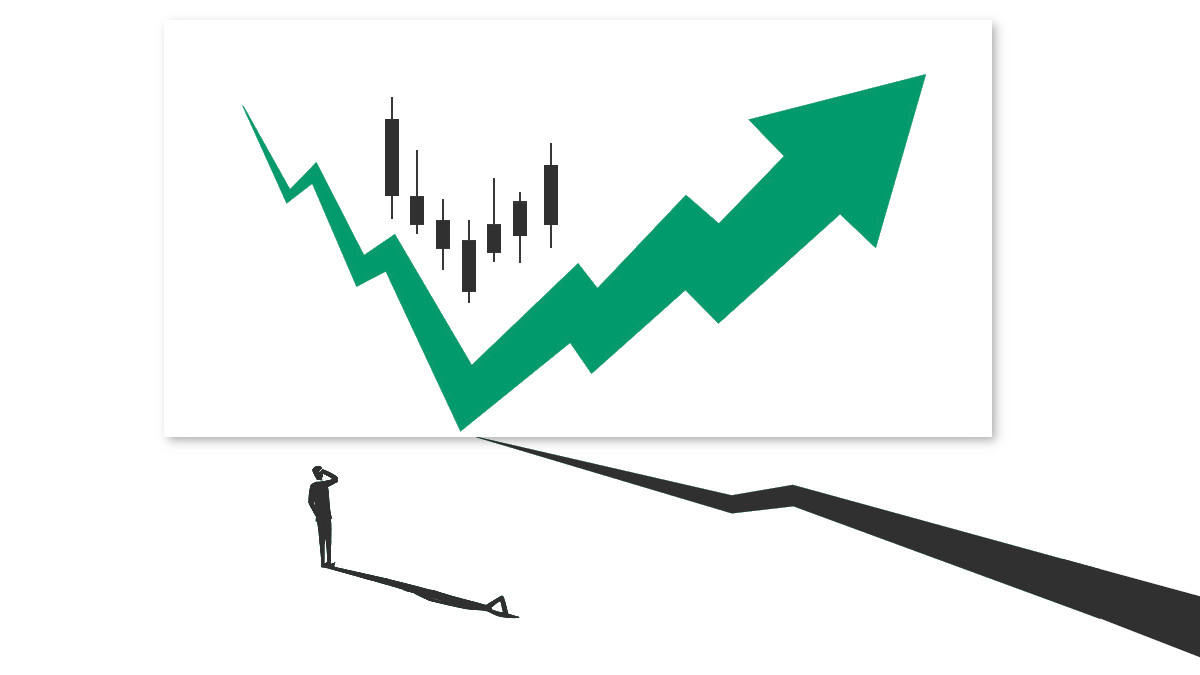
The Dow Jones Industrial Average rose on Friday, closing just shy of a record high despite earlier hitting an all-time intraday peak. The broader market indexes, the S&P 500 and the NASDAQ Composite, also gained but by a smaller margin.
While positive earnings reports initially boosted sentiment, there were underlying concerns that caused some stock prices to fall.
Positive Sentiment: Major banks, including JPMorgan Chase, released earnings reports that were better than analysts' expectations. This generally indicates strong financial performance by the banks.
But the are some concerns
- JPMorgan net interest income, a crucial source of profit for banks, came in lower than anticipated. This suggests the bank earned less from loans and interest-bearing accounts than expected.
- Wells Fargo lowered their forecast for the future. Additionally, they increased loan loss provisions, which means they're anticipating more borrowers might default on loans. This combination of factors caused a significant drop in Wells Fargo's stock price.
- Citigroup, though not explicitly mentioned in the passage for their net interest income, their stock price also dropped after their earnings report, suggesting there might have been other concerns with their financials.
Positive initial reaction to the earnings reports was tempered by concerns about net interest income and loan losses.
Market Focuses on Earnings Growth
Investors are excited about upcoming earnings reports because they're looking for signs of a broad economic upswing.
- Investors have been happy with the performance of tech stocks, but they want to see strong earnings across different industries. This would indicate a healthier overall economy, not just isolated success in tech.
- Current stock market rally has been driven largely by tech companies. Investors hope that good earnings from a wider range of companies will keep the rally going and potentially include more stocks.
- Analysts predict this quarter's earnings growth to be the highest since late 2021. This suggests companies are making more money than they were a year and a half ago, which is a positive sign for the economy.
Investors are hoping these earnings reports show the good times aren't limited to tech and that the entire economy is running at full capacity. This would boost investor confidence and potentially lead to a broader market upswing.
Investor Rotation to Smaller Companies
Exchange heavily weighted towards technology companies, experienced a decline on Thursday. This means the prices of many tech stocks went down. Investors are moving their money from large-cap tech stocks to smaller companies, often with higher growth potential. This is causing the decline in the NASDAQ since it focuses on large tech companies.
The reason for this investor shift is the growing belief that the Federal Reserve will cut interest rates in September.
- When the Fed cuts interest rates, borrowing money becomes cheaper. This can be attractive for smaller companies seeking funds to grow their business.
- Large-cap tech companies often have a lot of cash on hand already and may be less impacted by lower interest rates compared to smaller companies that rely more on borrowing.
Investors are anticipating a future with lower interest rates and are adjusting their investments accordingly. They're potentially taking profits from large-cap tech and putting money into smaller companies that might benefit more from a rate cut.
Inflation: Mixed Signals
Producer prices inch up, but consumer expectations for inflation fall. Businesses are paying slightly more for goods in June compared to May (0.2% increase). This is higher than the anticipated increase of 0.1%. Despite the rise in producer prices, consumers on average actually expect inflation to be lower a year from now.
Why the Discrepancy?
- Businesses might be raising prices now in anticipation of future cost increases, but consumers don't believe these price hikes will last.
- Price increases at the wholesale level don't always translate directly to retail prices. Competition or efficiencies at the retail level could absorb some of the increase.
Early signs suggest a slightly more inflationary environment for businesses. However, consumers remain optimistic that inflation won't be a major concern in the coming year.
Bottom Line
Traders are faced with an interesting situation. The stock market is nearing record highs, but there are mixed signals about the overall health of the economy.
Positive signs
- Strong Earnings Reports from Major Banks (Except Net Interest Income Concerns)
- Strongest Earnings Growth Since Late 2021
Areas of Caution
- Potential for rising inflation, based on PPI data
- Tech sector pullback, possibly due to investor rotation towards smaller companies in anticipation of a Fed rate cut
- Lower net interest income for banks could dampen future earnings reports
Consider diversifying your portfolio beyond tech stocks, especially if you believe the sector is due for a correction. Look for opportunities in smaller companies that might benefit from potential interest rate cuts. And keep an eye on future earnings reports and inflation data.

